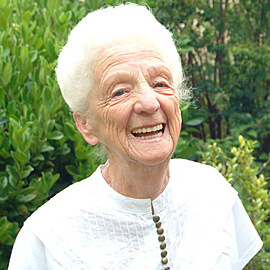Last night Aged & Community Services Australia President, Paul Sadler, announced that ‘New ACSA’ was ‘open for business'. This is a significant event in both the aged care and retirement living space.
Not-for-profit operators account for 52% of all aged care beds and 69% of home care services. They operate 40% of all retirement villages and are the major builders of new villages. ACSA members care for over 700,000 Australians.
'New ACSA' is the informal term being used for the successful move from six independent state operations with a small Canberra national office (the federated model) to one corporate entity with the six state offices now reporting to the national head office (the national model).
It has been a gruelling journey that has been attempted several times but failed. It has required the six states to agree to give up their independent structures, each with a CEO and control of the membership funds. And historically virtually no ACSA members had operations outside of one state, reinforcing regionalism. But that is changing – look at Victoria’s RDNS merging with Queensalnd’s RSL Care.
Paul Sadler states “New ACSA brings a stronger national voice for our not-for-profit sector, enhanced policy capacity and effective member support services”. ACSA also released their new branding (pictured).
Paul also announced that John Kelly (pictured), ACSA CEO, has raised with the Board that now would be an appropriate time to bring in a new leader, offering to stand aside rather than take another five years in the role, which has been agreed.
John took on ACSA four years ago in 2011 when it was stumbling. They had lost Patrick McClure as CEO after just five months while opening its Canberra office and then three weeks later Queensland and Victoria left the federation to establish LASA.
It was also the time that the massive reforms of the aged care system were being formulated with the Living Longer Living Better legislation coming out in 2013 and that reform has been an evolving event almost every month since.
We asked John what he regards are the three major achievements of his four years and he states:
· Moving ACSA to Canberra and re-establishing positive and genuine relations with decision makers
· This successful transition to the national body from a federated body
· And the establishment of ACSA as a leader in policy initiatives and strategy on behalf of members
With 35 years’ experience in the sector, he intends to stay in health and aged care.
The board has appointed Boomerang Partners to identify a new CEO. John is staying for the transition.
LASA is the alternative peak body representing private sector and not-for-profit providers.






